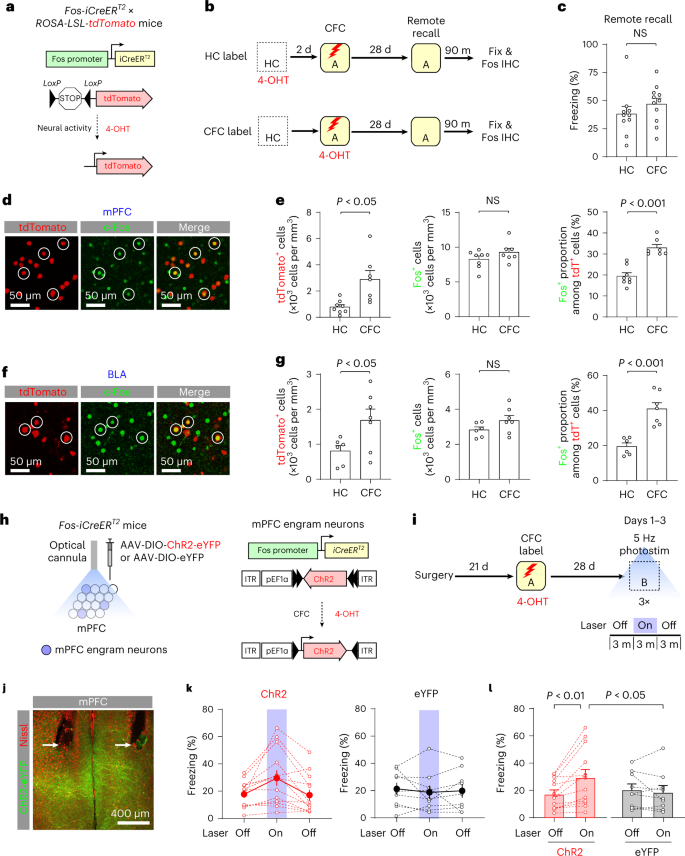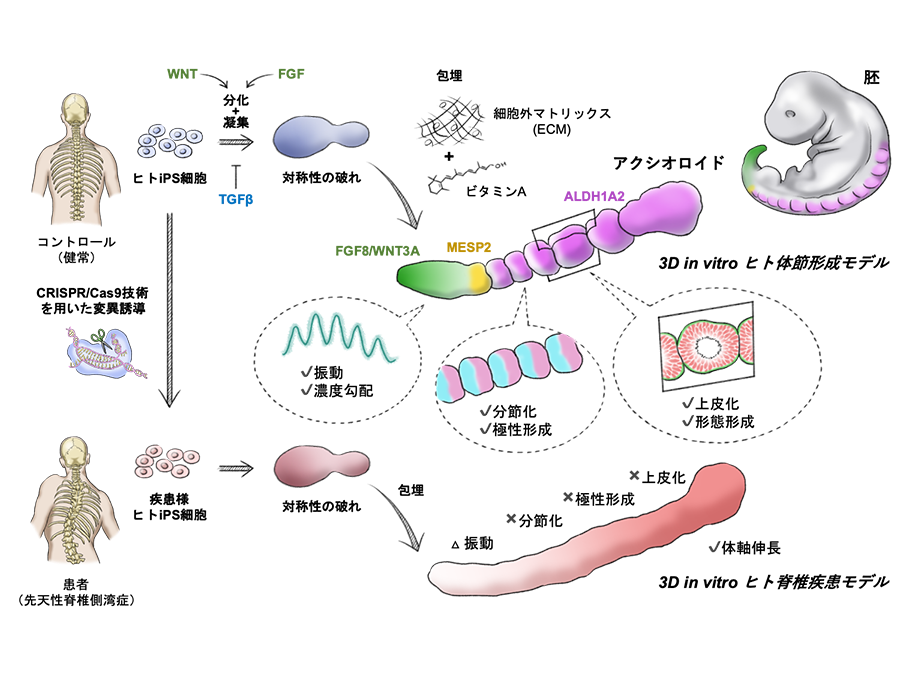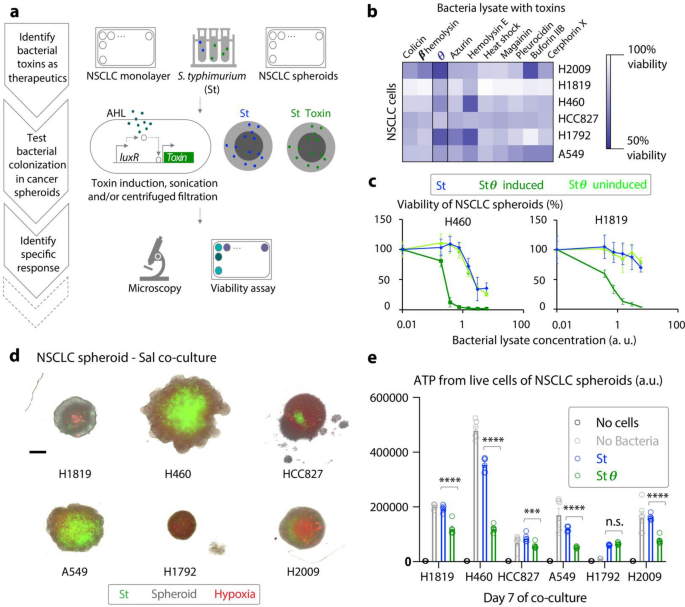UCリバーサイドのマウス研究は、PTSD患者のための新しい治療法につながる可能性があります。 UC Riverside mouse study could lead to novel therapies for people living with PTSD
2022-12-23 カリフォルニア大学リバーサイド校(UCR)
この研究により、遠い過去に形成された遠隔恐怖記憶は、前頭前皮質(PFC)の記憶ニューロン間の結合に永続的に保存されることが明らかになった。
この研究を主導した分子・細胞・システム生物学准教授のJun-Hyeong Cho氏は、「トラウマとなるような出来事の後に徐々に強化されるのは、前頭前野の記憶回路で、この強化は、恐怖記憶が大脳皮質で安定した形に成熟して永久保存されるのに重要な役割を担っています」と語っています。「同じようなメカニズムで、恐怖以外の遠隔記憶も大脳皮質に永久保存される可能性があります。
脳は、最近の恐怖記憶と遠隔の恐怖記憶の保存に、それぞれ異なるメカニズムを使用しています。これまでの研究で、恐怖記憶の初期形成には海馬が関与しているが、時間とともに徐々に成熟し、海馬への依存度が低くなっていくことが示唆されている。現在では、最近の恐怖記憶がどのように保存されるかは多くの研究で説明されているが、遠隔地の恐怖記憶が脳でどのように定着するかはよくわかっていない。
研究チームは、これまでの研究で遠隔記憶の定着に関与していることが示唆されている大脳皮質の一部であるPFCに着目した。
実験では、マウスは文脈と呼ばれる環境下で嫌悪的な刺激を受けた。マウスは、その刺激と文脈を関連付けることを学習した。1ヵ月後に同じ状況にさらされたとき、マウスは反応して固まり、遠隔の恐怖記憶を呼び起こすことができることが示された。研究チームは、恐怖学習後、時間とともに前頭前野の記憶神経細胞間の結合(シナプス)が徐々に強化され、この強化によって前頭前野が遠隔恐怖記憶を永続的に記憶できることを明らかにした。
次に、マウスの遠隔恐怖記憶を消去するため、研究チームは、嫌悪刺激を与えずに、同じ恐怖予測文脈にマウスを繰り返しさらすことにした。その結果、その状況に対する恐怖反応が減少することが確認された。
「興味深いことに、遠隔恐怖記憶の消滅は、遠隔恐怖記憶を保存するためにそれまで強化されていた前頭前野の記憶回路を弱めるのです」と、Choは述べています。”さらに、PFC記憶回路の強化をブロックする他の操作も、遠隔恐怖記憶の想起を妨げていました。”
Cho教授の研究チームは、次に、前頭前野の記憶回路を選択的に弱め、この操作によって遠隔恐怖記憶の想起が抑制されるかどうかを調べる予定である。
「この成果は、PTSDやその他の恐怖関連疾患に対するより効果的な介入方法の開発に貢献するものと期待しています」とCho研究員は語っている。
<関連情報>
- https://news.ucr.edu/articles/2022/12/23/how-brain-stores-remote-fear-memory
- https://www.nature.com/articles/s41593-022-01223-1
遠隔文脈記憶のための大脳皮質シナプスエングラム Neocortical synaptic engrams for remote contextual memories
Ji-Hye Lee,Woong Bin Kim,Eui Ho Park & Jun-Hyeong Cho
Nature Neuroscience Published:23 December 2022
DOI:https://doi.org/10.1038/s41593-022-01223-1

Abstract
While initial encoding of contextual memories involves the strengthening of hippocampal circuits, these memories progressively mature to stabilized forms in neocortex and become less hippocampus dependent. Although it has been proposed that long-term storage of contextual memories may involve enduring synaptic changes in neocortical circuits, synaptic substrates of remote contextual memories have been elusive. Here we demonstrate that the consolidation of remote contextual fear memories in mice correlated with progressive strengthening of excitatory connections between prefrontal cortical (PFC) engram neurons active during learning and reactivated during remote memory recall, whereas the extinction of remote memories weakened those synapses. This synapse-specific plasticity was CREB-dependent and required sustained hippocampal signals, which the retrosplenial cortex could convey to PFC. Moreover, PFC engram neurons were strongly connected to other PFC neurons recruited during remote memory recall. Our study suggests that progressive and synapse-specific strengthening of PFC circuits can contribute to long-term storage of contextual memories.


